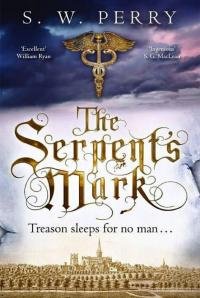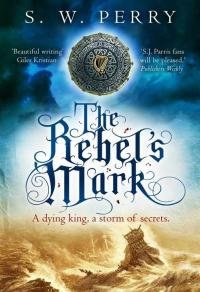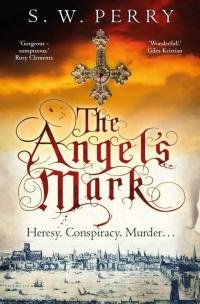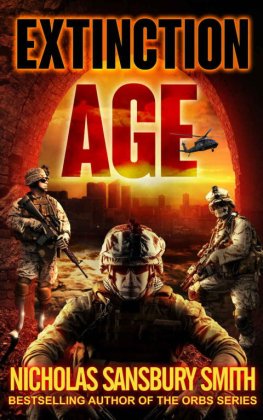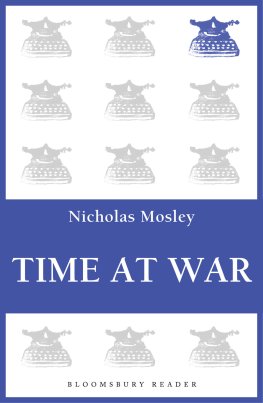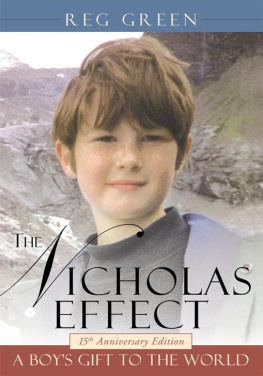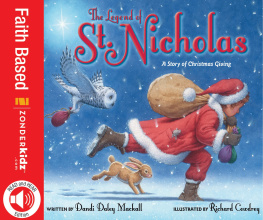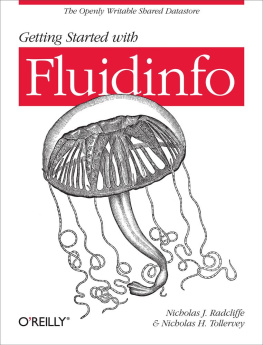S. W. Perry
THE SERPENTS MARK
2019
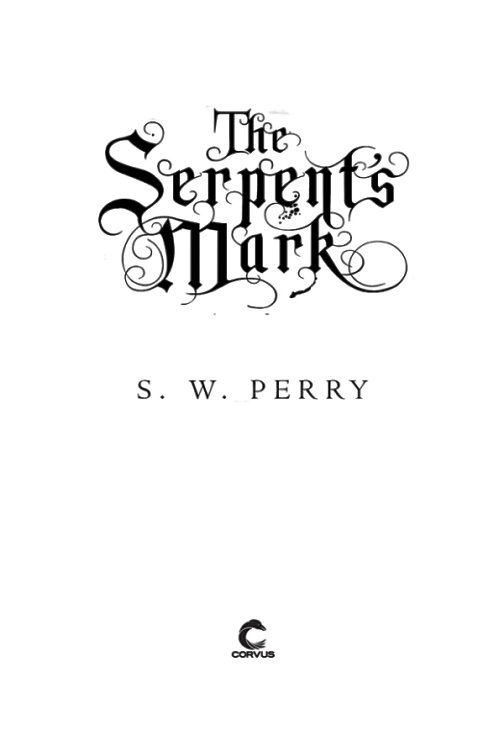
For Lilian and Vera Jones
Hic locus est ubi mors gaudet succurrere vitae.
(This is a place where the dead are pleased to help the living.)
INSCRIPTION IN THE ORIGINAL THEATRE OF ANATOMY AT THE UNIVERSITY OF PADUA 1594
Physicians are like kings they brook no contradiction.
JOHN WEBSTERThe Duchess of Malfi1614
Tilbury, England. Winter 1591
In the dusk of a desolate November evening an urchin in a mud-stained and threadbare jerkin, long-since stolen from its rightful owner, hurries along the Thames foreshore beneath the grim ramparts of Tilbury Fort. The chill east wind claws at his puckered pale flesh. The hunger that has driven him down to the narrowing band of shingle gnaws within him, as if it would tear itself out of his belly and go crawling off by itself in search of sustenance elsewhere. He is risking the tide because he knows a place where the oysters are plump and good. On balance, the strand is a safer route than striking inland in the gathering darkness.
His destination is a small channel that runs deep into the Essex shore, a wilderness of marsh and reed, of dead-end tracks that lead to creeks where you can drown in stinking mud before you can get to the Amen at the end of the Lords Prayer. He knows this because the wasteland is where he lives, on its southern fringe, in a ramshackle camp of vagabonds and peddlers, swelled by the destitute and the maimed from the wars in Holland and by discharged sailors from the queens fleet.
The river is the colour of the lead coffin he once saw when he broke into a private chapel to get out of a storm. It is studded with ships: hoys and flyboats from Antwerp and Flushing, barques from the Hansa ports of Lbeck and Hamburg, fur traders from the white wastes of Muscovy. As night approaches, they are beginning to dissolve before his eyes, like old coins tossed into oil of vitriol. All they leave behind is the tarry smell of caulked timber and the tormenting scent of food cooking on galley hearths.
Before the boy can reach the channel he must first climb over the great iron chain that runs out into the water, the boom that blocks the river lest the Spanish come again, as they did in 88.
He is unwilling to jump the chain because the hunger has given him cramps in the stomach. Hed crawl under it, but that would mean slithering through pools of rank green slime. So instead he puts one tattered boot into a slippery iron link and starts to ease himself over.
And as he does so, something amongst the rotting kelp that clings to the chain detaches itself and drops to the pebbles.
A crab! A dead crab.
Dare he eat it? Hes ravenous enough. But how long has it been there, trapped amongst the weeds and the barnacles? The urchin knows you can die from eating bad food. It makes you double up like a sprat being fried in a pan. It makes you scream. Hes seen it happen.
But famine has made him canny. He knows exactly what to do. Hell wash the crab clean of mud in the nearest pool, take a long sniff beneath the carapace and judge then if its worth breaking open.
It is only when he lifts the crab from the pebbles that the boy realizes it is not a crab at all.
It is a human hand.
PART 1

The Physician from Basle
Nine months earlier. 23rd February 1591
It is a day made for second chances, a day ripe for confession, for penitence, for admitting your sins and seizing that unexpected God-given chance to start afresh. A dying storm has left thin wracks of ripped black cloud hanging in the saturated air, above a pale empty world awaiting the first brushstroke. It is simply a matter of applying the paint to the canvas. Let today slip by unused, and Nicholas Shelby lapsed physician and reluctant sometime spy knows he must return to London, no nearer to accepting the new life hes been so cruelly dealt than when he left.
His father has sensed it, too.
Your Eleanor died in August last, Yeoman Shelby observes with devastating calmness, as the two men shelter from the last of the downpour in the farms apple press. Its now almost March. Seven months. Where were you, boy? Where did you go?
How much of an answer does a father need? Nicholas wonders, close to shivering inside his white canvas doublet. Would it help to know that for a while I was busy drinking myself stupid in any tavern I could find that hadnt already banned me? Or that I was losing every patient I had, because word had soon spread that Dr Shelby was raging in his grief like a deranged shabberoon? Or that I was busy rejecting everything I learned at Cambridge attended at a cost you could scarcely bear because when the time came and Eleanor and the child she was carrying had need of it, my medical knowledge turned out to be little more than superstition? Or that, on top of everything else, there had been a murderer I had to stop from killing again?
There are some questions, Nicholas thinks, that should remain for ever unanswered, if only for the sake of those who ask them.
How could you do that to us, boy vanishing off the face of Gods good earth like that? his father is saying, his words delivered to the dying rains slow drumbeat. Your brother wore himself thin, searching that godless place called London for a sign of you. Your mother wept like wed never heard her weep before. Do you not know we loved Eleanor, too?
Nicholas has been dreading this moment ever since he returned to Suffolk and the Shelby farm. Now he sits on the cold stone rim of the press, straight-backed, head up, a damp curl of wiry black hair slick against his brow, unable to give in to the desire to slump, because a Suffolk yeomans son is not grown to wilt, even if the weight of all thats happened since Lammas Day last is almost too much for his broad countrymans shoulders to bear. Sickened by the excuses he hasnt even tried to make yet, at first all he can bring himself to say is I know. Im sorry.
Yeoman Shelby has rarely struck either of his sons, and not at all since theyve grown to manhood. But as he comes closer, Nicholas wonders if hes about to land a blow in payment for the extra pain his youngest has caused the family by his vanishing. He catches the heavy, musty smell of his fathers woollen coat, the one hes worn in winter for as long as Nicholas can remember. Dyed a now-faded grey, it smells as though its been buried in a seed basket for all of Nicholass twenty-nine years. But the scent is oddly comforting. Nicholas has the overwhelming urge to reach out and cling to the hem, as if he were an infant again.
The only way I can explain it is this, he says, staring at his hands and thinking how his fingers, nicked and coarsened by boyhood summers helping with the harvest, seem so unsuited to healing work. Imagine if you woke up one morning and discovered that all the wisdom accumulated over fifteen hundred years of husbanding the land didnt work any longer that you couldnt grow anything any more; that you couldnt feed your family.
Its called an evil harvest, boy. Its happened before.
Exactly! And there was absolutely nothing you could do about it, was there?
Nicholas looks up at his father with moistening eyes. He snorts back the tears, frightened that hes about to weep in the presence of a man who has always seemed immune to sentiment. Thats how it was when I tried to save Eleanor and our child, he says thinly.
His father lays a hand on his sons shoulder. I know you well enough, Nick. You would have moved heaven and earth, if you but could. But sometimes, boy, its just the way God wants things to happen.

